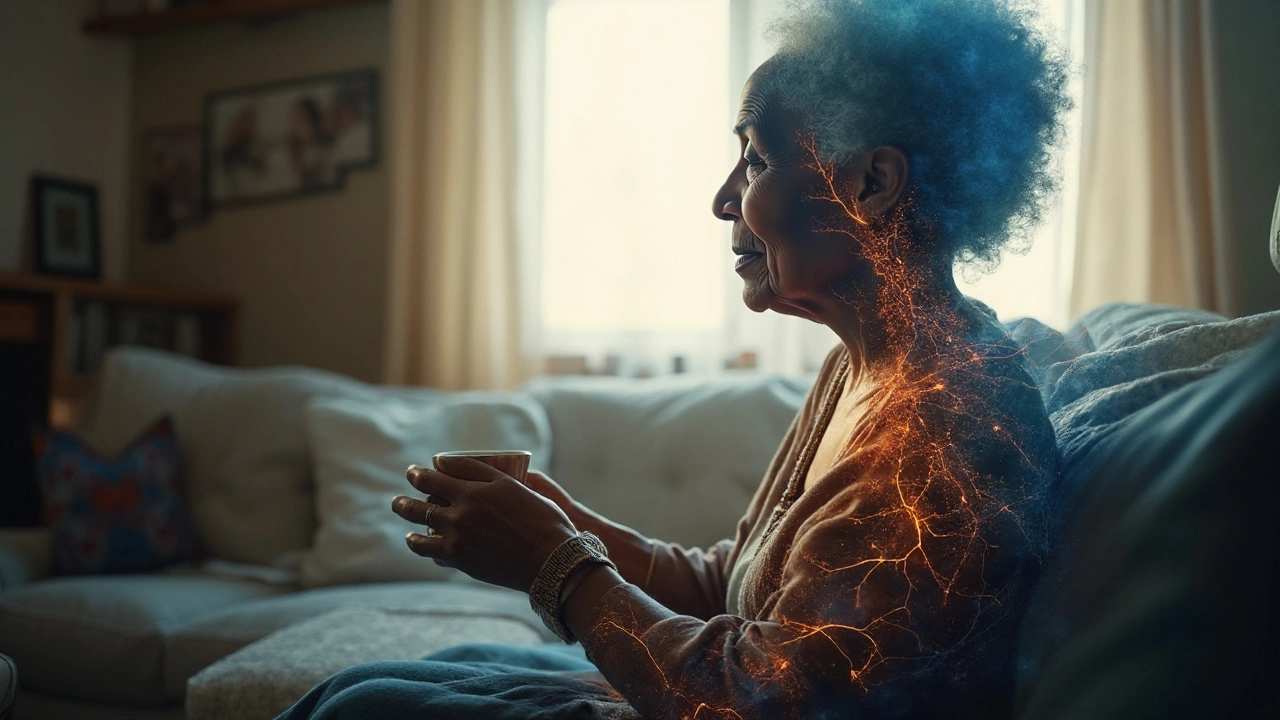
Parkinson’s Disease and Depression: Symptoms, Causes, and Treatment Guide
How Parkinson’s and depression connect, what symptoms to watch, how to get diagnosed, and evidence-based treatments and daily strategies that actually help.
If you or a loved one has Parkinson's, you might notice mood changes that feel like more than just a bad day. Depression is common in Parkinson's, but many people miss the warning signs because they blend with motor symptoms. Knowing what to look for can help you get help sooner and keep quality of life higher.
First, watch for a loss of interest in activities you used to enjoy. It’s not just skipping a hobby; it’s feeling flat when you try it. Second, notice changes in sleep. Many with Parkinson's already struggle with insomnia, but depression often adds early‑morning waking or sleeping way too much. Third, pay attention to appetite. Some people start eating less, while others overeat – both can be linked to low mood.
Feelings of hopelessness or worthlessness are strong clues. If thoughts like "I’m a burden" or "Things won’t get better" appear often, that’s a red flag. Physical symptoms matter too: unexplained aches, fatigue that doesn’t improve with rest, or a slowdown in movement that isn’t typical for your Parkinson’s stage can signal depression.
Finally, social withdrawal is a big sign. If you find yourself avoiding friends, family, or support groups, it’s worth noting. Depression can make social interaction feel exhausting, even when you normally enjoy it.
Talk to your neurologist or primary doctor as soon as you notice these changes. They can screen for depression and decide if medication, therapy, or both are needed. Antidepressants are often safe for Parkinson's patients, but the doctor will choose one that doesn’t interfere with your current meds.
Therapy works well, too. Cognitive‑behavioral therapy (CBT) helps you reframe negative thoughts and develop coping tools. If travel is hard, many therapists now offer video sessions that you can do from home.
Don’t underestimate lifestyle tweaks. Regular exercise—like walking, cycling, or gentle yoga—boosts dopamine and lifts mood. Even short, daily walks can make a big difference. Nutrition matters; a balanced diet with omega‑3 rich foods supports brain health.
Stay connected. Join a Parkinson’s support group or an online community. Sharing experiences reduces isolation and often reveals practical tips from people who understand what you’re going through.
Remember, depression is treatable, and asking for help is a sign of strength, not weakness. Spotting these symptoms early gives you the best chance to manage both Parkinson's and depression together, keeping you active and engaged for longer.

How Parkinson’s and depression connect, what symptoms to watch, how to get diagnosed, and evidence-based treatments and daily strategies that actually help.